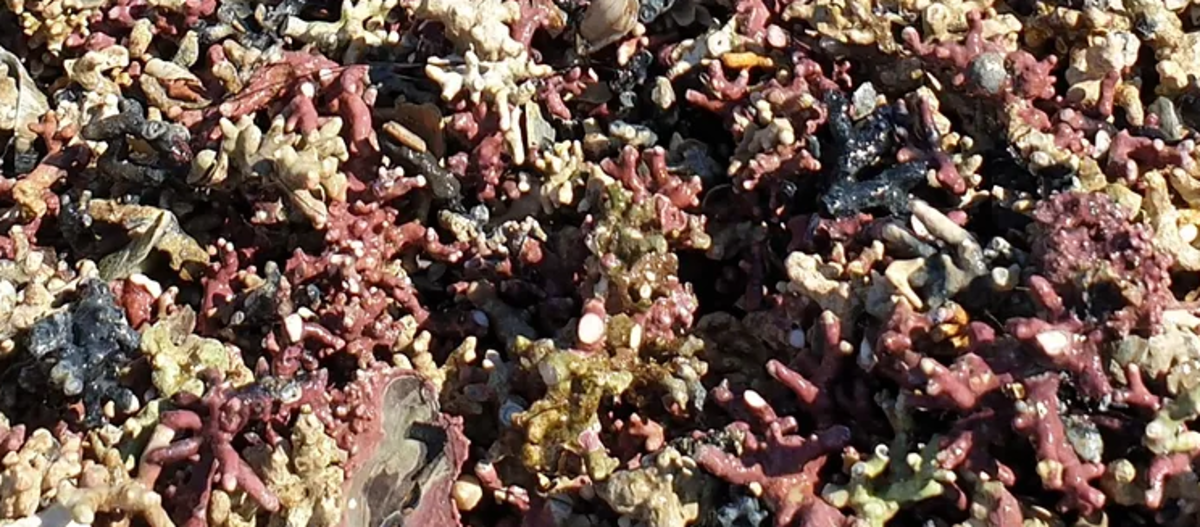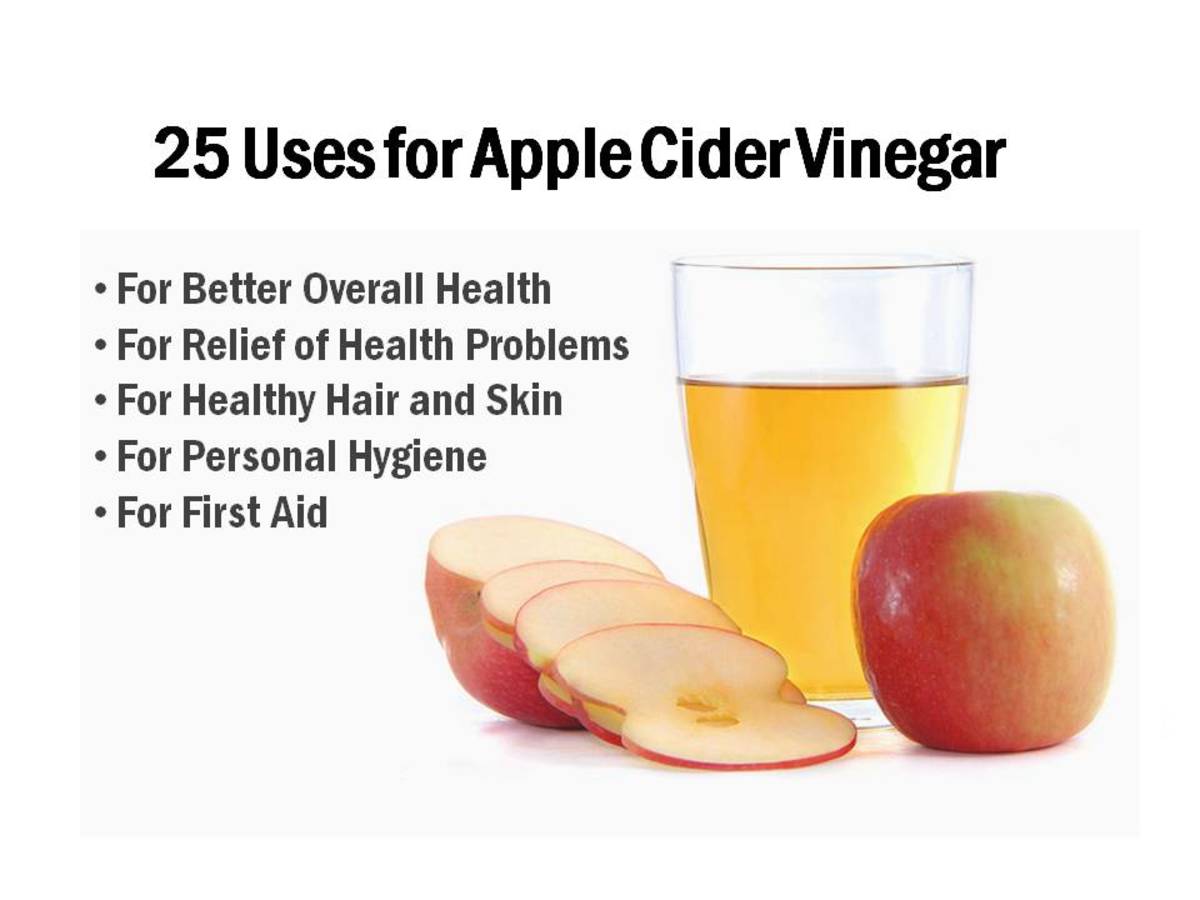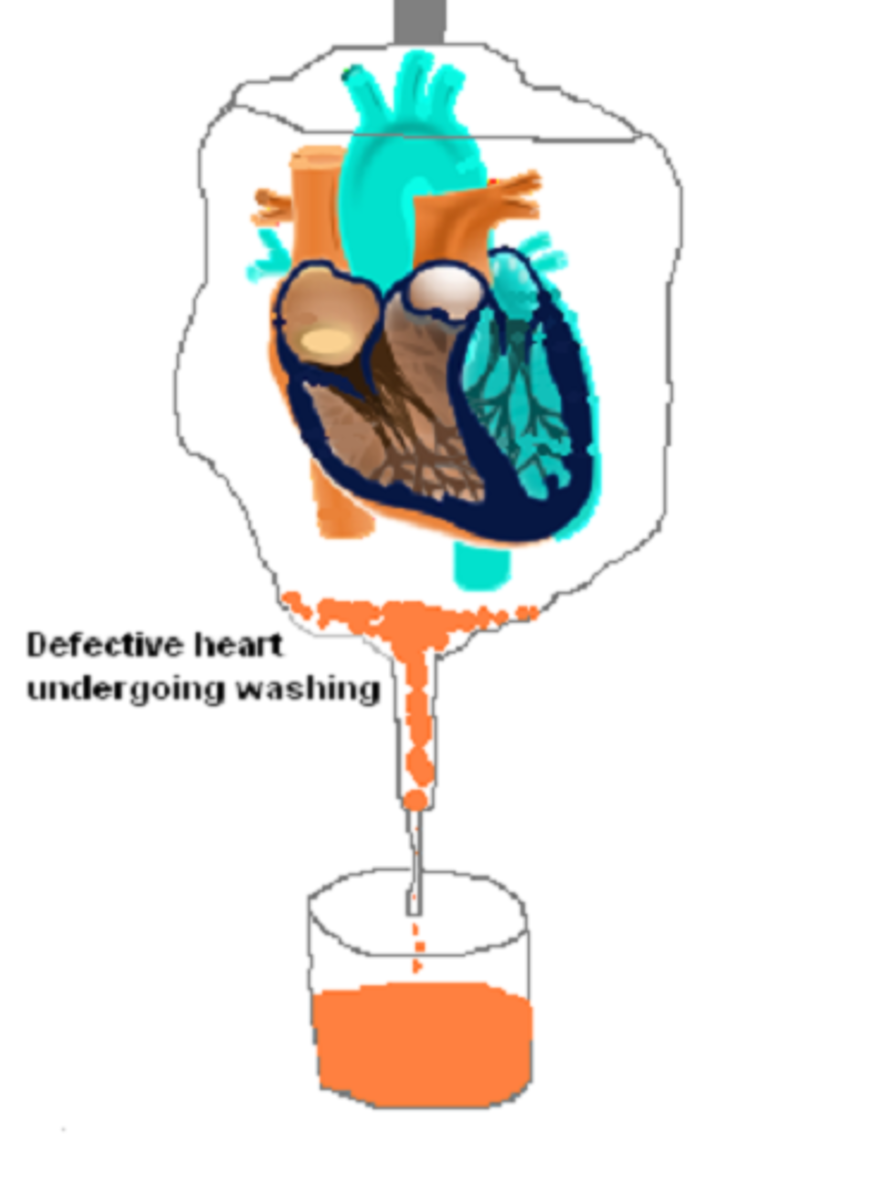Will NAD+ Change The Way We Age?

NAD+ has received a lot of press over the last few years. It’s an anti-aging supplement that promises to help you live longer and healthier. NAD+ is an acronym for Nicotinamide Adenine Dinucleotide and is a natural coenzyme metabolite found in every cell of your body. Scientists have determined this coenzyme plays a critical role in aging and longevity.
As one ages the levels of NAD+ in the body dwindles
NAD+ levels are highest in infants. While the decline in NAD+ levels is exponential, you wouldn’t be too far off the graph by estimating a 50% decline every 20 years. By the time you reach 80 years old, you’re looking at less than 10% of your once youthful levels.
The metabolic anti-aging processes of NAD+ are complex, involving other cellular compounds like Sirtuins that help regulate metabolism and mitochondrial biogenesis.
What the science boils down to is this; reduced levels of NAD+ are associated with a variety of age-related decline in health that include cognitive function, energy, metabolism, increased fat storage, increased insulin resistance, decreases in glucose metabolism.
THE GOOD - NAD+ initiates a “youthful” transformation
Research with mice have found that boosting NAD+ with supplementation initiates a remarkable “youthful” transformation in the mice at the cellular level. Among the cited health benefits are resistant to weight gain, improved glucose (blood sugar) response, reduced nerve damage (great for Parkinson’s disease patients), improved cardiac response, and an increase in the lifespan of mice. In this particular study, elderly mice that were already near the end of their life span, were given NAD+ supplementation. The supplementation promoted a 5% increase in their remaining life span. That’s pretty good for a supplement started near the end of their life span. Which is why this compound has been heralded as the new anti-aging supplement.
Before we go any further, let discuss how the increase our NAD+ levels is accomplished. You can’t take NAD+ orally. In its raw form it is not stable and is unsuitable for consumption. However, you can take precursors to NAD+, that, when consumed increased the levels of NAD+. One precursor is nicotinamide riboside. Nicotinamide riboside (NR) is available for as a supplement through vitamin outlets. Another available compound is nicotinamide mononucleotide or NMN, which also raises NAD+ levels. These two precursors have been used in scientific studies to raise NAD+ levels.
THE BAD — Drilling Down into the Studies
If we look at the studies, we find there is an issue with the amount of the compound given to the mice. The average amount provided to the mice was approximately 400mg/kilogram. That may not seem like much, but if we extrapolate that dosage to an average man who weighs 80 kilos (176 lbs.) or woman 74 kilos (162 lbs.) that would equal the consumption of 32 or 30 grams respectively. In a word Yikes!
Even at the lower dosage, thirty (30) grams of NR is a lot of material. Consider the fact that NR is sold in 300 mg sized pills. To achieve a 30-gram dosage you would need to take 100 pills per day. Add to this massive dose that NR is not an inexpensive vitamin supplement. My price check shows a 300 mg pill costing a bit more that $1.00 per pill. Okay, maybe you’re thinking you don’t need such a high dosage to obtain the many benefits quoted of NAD+.
& THE UGLY — Human Studies
There are two human studies, we can look at for answers.
First study: Two grams (2000 mg) daily was given to 20 obese men over a time period of 12 weeks. Scientists checking these twenty men did not find any improvements glucose, insulin sensitivity, body mass composition, or energy.
A second study: One gram (1000 mg) of NR daily was given to 15 participants, with a placebo given to a second group of 15 participants. This was a six-week crossover study, where after 6 weeks the placebo group was switched to receive 1 gram of NR and the NR group was switched and given a placebo for an additional six weeks. While research saw a tendency of lower blood pressure and reduction of arterial stiffness in the NR treated group, the difference was not statistically significant. Researchers looked at other physiological factors did not find any significant effects of the NAD+ supplementation over the course of the study.
The human study dosages are quite low in comparison to the mice studies, 400 mg/kg in mice as compared to 15–27 mg/kg in humans. However, the small amounts used in the human studies are still 4X (or more) greater than what the average vitamin purchaser will consume daily. A person taking a 300 mg NR pill is consuming about 4 mg/kg. That’s about 1/100 the dose used in most mouse studies.
Conclusion
Yes, the benefits associated with increased levels of NAD+ are well documented. What is not documented are benefits of NAD+ supplementation at the lower dosages available to and used by people. Can anyone say that over the course of a year or a lifetime, that NAD+ will not be of benefit? There are no long-term studies to point to that I have been able to find. Certainly, it’s possible?
© 2020 John Iovine








